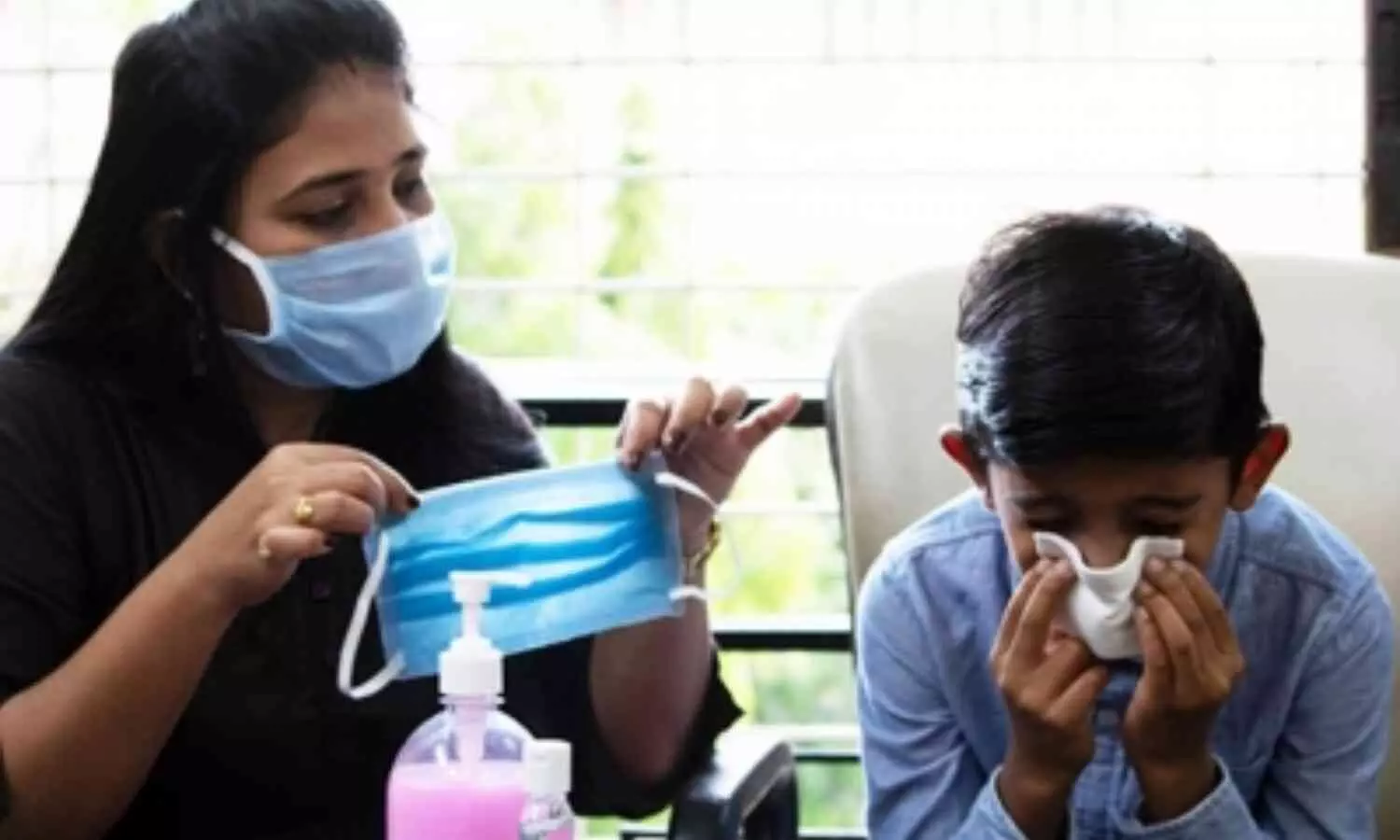Research Reveals How Frequent Respiratory Infections Shielded Children from Covid-19

New Delhi: A new study suggests that frequent exposure to respiratory viruses and bacteria may have bolstered children's immune systems, protecting them from severe impacts of Covid-19. Despite children being more vulnerable to respiratory infections like the common cold, they experienced lower rates of hospitalization and death from the SARS-CoV-2 virus compared to adults during the pandemic, which claimed millions of lives worldwide.
Researchers at Yale University in the US conducted an analysis of over 600 nasal swabs collected from pediatric patients during the pandemic. The study, published in the Journal of Experimental Medicine, involved re-screening these samples for 19 different respiratory viruses and bacteria. Additionally, the researchers measured the levels of antiviral and inflammatory proteins produced by the innate immune system.
The findings revealed that many children, even those without any symptoms, were infected with respiratory pathogens other than SARS-CoV-2. This was particularly evident in younger children, with around 50% of asymptomatic patients under five years old testing positive for various viruses or infection-causing bacteria.
Children with higher levels of respiratory pathogens exhibited increased nasal innate immune activity. This heightened immune response was observed across all age groups, from toddlers to teenagers. The study indicates that frequent infections with relatively benign pathogens, such as the rhinoviruses responsible for the common cold, help keep children's innate immune systems activated.
According to the researchers, this continuous activation of the innate immune system may have contributed to the milder effects of Covid-19 in children. The presence of other respiratory pathogens may have primed their immune systems to respond more effectively to SARS-CoV-2, mitigating severe outcomes.
Overall, the study sheds light on the possible protective role of frequent respiratory infections in children during the Covid-19 pandemic. These findings highlight the importance of understanding the complex interactions between different pathogens and the immune system, particularly in younger populations. The insights gained from this research could inform future strategies for managing respiratory infections and improving immune resilience in children.


